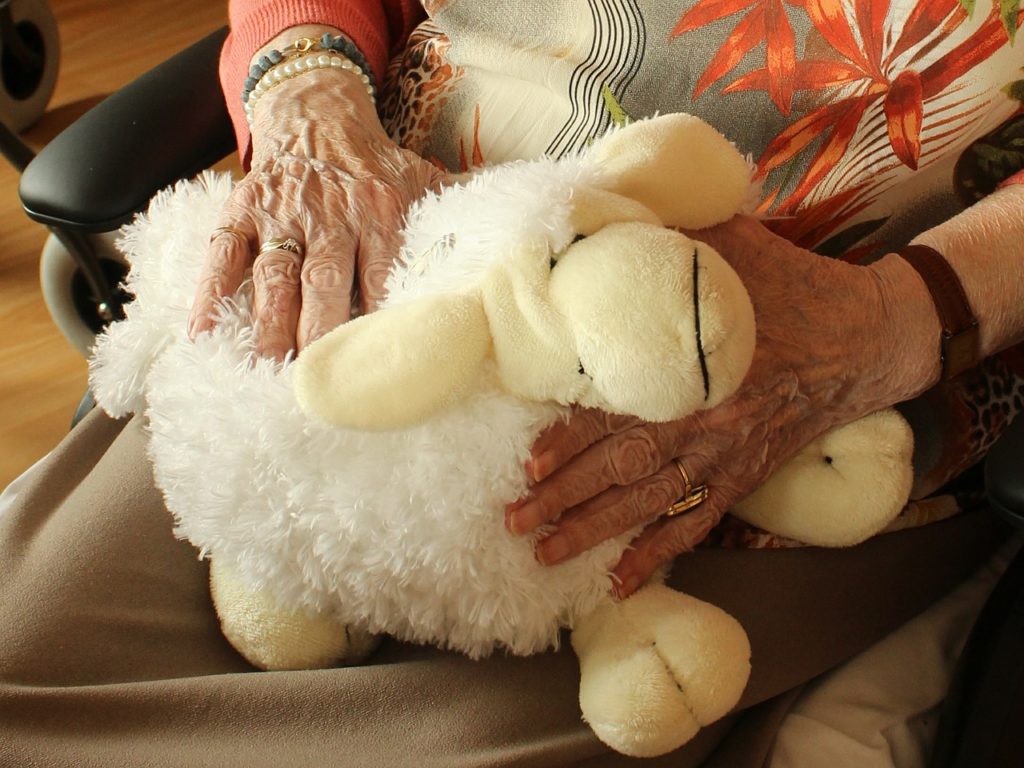What to know about alleviating pain and improving quality of life
 Saying goodbye to a loved one is never easy. It is in those final months and weeks of a person’s life where family members want to make them as comfortable as possible, knowing that when they are no longer suffering from the pain of an illness, they are finally at peace.
Saying goodbye to a loved one is never easy. It is in those final months and weeks of a person’s life where family members want to make them as comfortable as possible, knowing that when they are no longer suffering from the pain of an illness, they are finally at peace.
Part of hospice services include palliative care, the medical specialty of alleviating pain and improving the quality of life of the seriously ill. According to Right at Home, which provides home care, senior care and home health care services, hospice care begins after health treatment for an illness has stopped and the patient is considered terminal. Palliative care can begin as soon as a patient is diagnosed with a serious illness and can continue while the individual pursues a cure.
Statistics show that hospice providers alone care for more than 1.6 million Americans and their families annually. While hospice does involve caring for the terminally ill, hospice care is more than seeing someone through their final days. An integrated team of healthcare professionals and trained volunteers work together to manage pain, control symptoms, and bolster emotional and spiritual needs. Hospice teams ensure patients and their loved ones find support, respect and dignity along the difficult path of a life-limiting illness.
Interdisciplinary palliative care teams are typically comprised of doctors, nurses, social workers, chaplains, and physical and occupational therapists who assist with the pain of cancer, kidney failure, chronic obstructive pulmonary disease, congestive heart failure and other chronic diseases or disorders. As for cost, most Medicaid, Medicare and private health insurance plans cover palliative and hospice services. Hospice care covered by Medicare requires that a person receive a prognosis of living six months or less, but there is not a six-month limit on hospice care services. A patient with a doctor’s certification of terminal illness may receive hospice support for as long as necessary.
At the Parker Jewish Institute, a hospice and palliative care seminar was recently held for health care professionals called “Hospice into the Future.” The informative seminar for hospital and skilled nursing facility staff, health care service providers and clinical professionals, focused on the current state of hospice and palliative care. The seminar was given by Carla Braveman, BSN, RN, M.Ed, CHCE, president and CEO of Hospice and Palliative Care Association of New York State (HPCANYS), who gave a brief history of hospice care, noting that the modern hospice movement began in England in 1967 by founder Dame Cecile Saunders, a nurse who became a social worker and then a physician.
Also discussed were the latest issues of concern to HPCANYS. What is the future role of hospice with the new payment model? How will palliative care evolve?
“People in Washington, D.C. are now actually talking about a Palliative Care Benefit,” said Braveman. “A Palliative Care Benefit is not a Palliative Care doctor seeing patients, it is a hospice-like situation where the patient doesn’t have six months or less to live, but is based on a longer trajectory of an illness and whether they want curative treatment or comfort care.”
The Community/Inpatient Hospice at Parker provides comfort, relief, and peace of mind to individuals with advanced or life-limiting illness and their families. Parker’s is an intimate and unique program that provides personalized care to ensure a patient’s comfort, enhance quality of life, preserve one’s dignity and respect individual choices.
For more information on palliative and hospice care, contact Right at Home at 516-719-5999 or visit www.rightathomeli.com. For more information about the Parker Jewish Institute, contact Lina Scacco at 718-289-2212 or email lscacco@parkerinstitute.org.
—With additional information courtesy of Parker Jewish Institute for Health Care and Rehabilitation and Right At Home


















